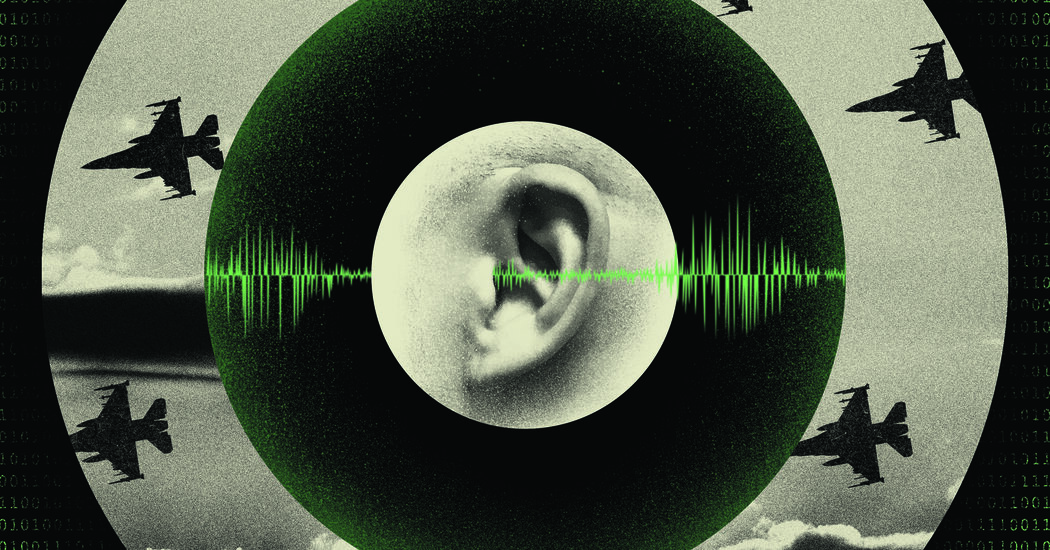Israel’s AI Advancements in Military Operations: Innovations and Ethical Considerations
The Context of AI Deployment in Gaza
In October 2023, following a series of attacks by Hamas that resulted in significant casualties and hostage situations, Israel ramped up its military operations in the Gaza Strip. A key target was Ibrahim Biari, a senior Hamas commander implicated in the attacks. Israeli intelligence struggled to locate him, suspecting he was hidden in Gaza’s complex network of tunnels.
AI Innovations to Locate Targets
To address this challenge, the Israeli military turned to a newly developed military technology that integrates artificial intelligence. This technology, which had been in development for over a decade, became critical as it provided the capability to analyze intercepted communications for locating threats.
By late October 2023, the AI audio tool had been successfully tested and used to track Biari’s calls, ultimately leading to targeted airstrikes on October 31, 2023, which resulted in his death along with over 125 civilian casualties, as reported by Airwars.
A Comprehensive Approach to AI in Warfare
Following the initial strikes, Israel’s military employed various AI technologies to enhance their operations. Collaborations between active and reserve personnel in Israel’s Unit 8200 and advancements in AI have led to innovations such as:
- Facial recognition paired with AI to identify individuals, even if partially obscured.
- Real-time target compilation for airstrike operations.
- An Arabic-language AI chatbot capable of scouring and analyzing social media for intelligence gathering.
Challenges and Ethical Considerations
Despite these advancements, the deployment of AI technologies has raised ethical concerns. Errors in identification have led to wrongful detentions and civilian casualties, prompting internal discussions about the responsibility and oversight required in leveraging such technologies. Hadas Lorber, head of the Institute for Applied Research in Responsible A.I. in Israel, emphasized the importance of human decision-making in military contexts.
Collaboration with Technology Firms
Israel’s military effectively collaborated with experts in technology firms like Google, Microsoft, and Meta to accelerate the development of AI capabilities. This partnership was essential in rapidly evolving Israel’s drone technologies, enabling precision tracking and targeting capabilities far surpassing traditional systems.
For instance, Aviv Shapira, CEO of XTEND, noted that AI algorithms now empower drones to autonomously lock onto and track targets, enhancing operational efficiency.
Future Prospects
The use of AI in military operations has not only transformed the capabilities of Israel’s armed forces but also serves as an indicator of future warfare conduct. As AI technologies continue to develop, the implications for military strategy and ethics will remain a critical area of discussion among defense officials and ethicists globally.


